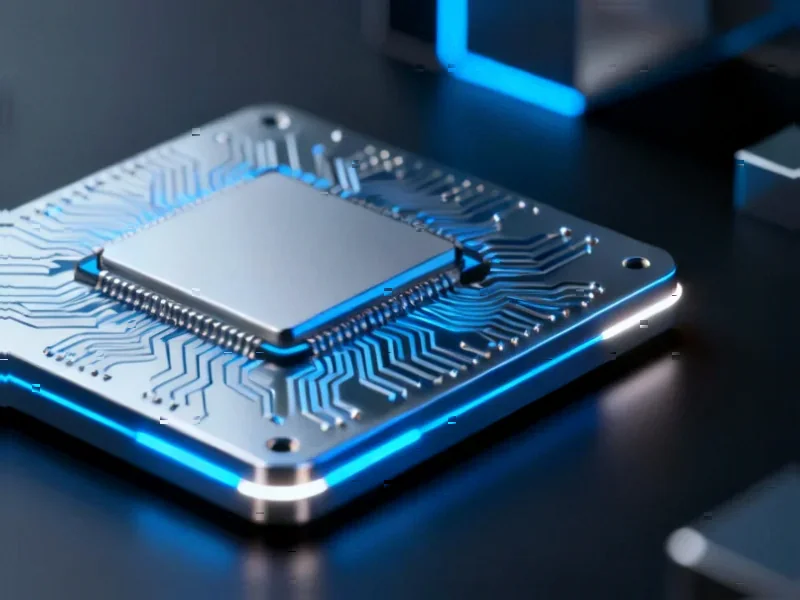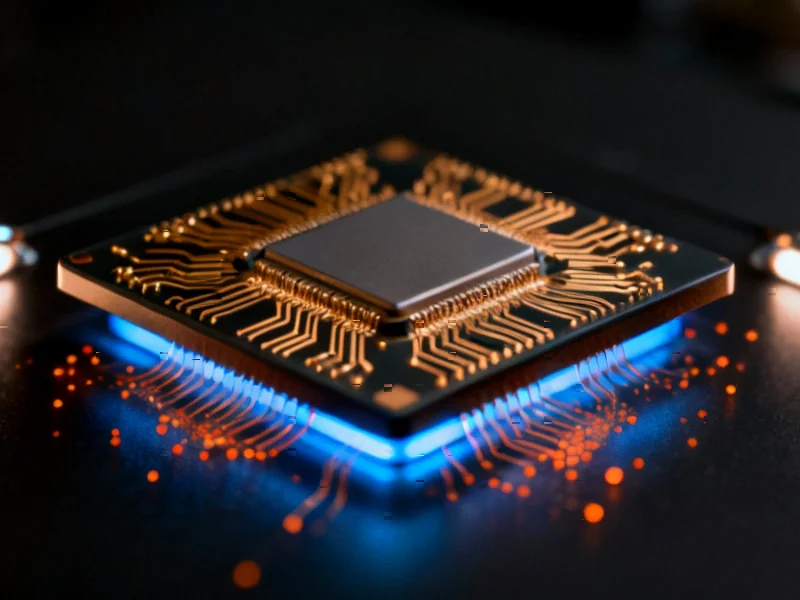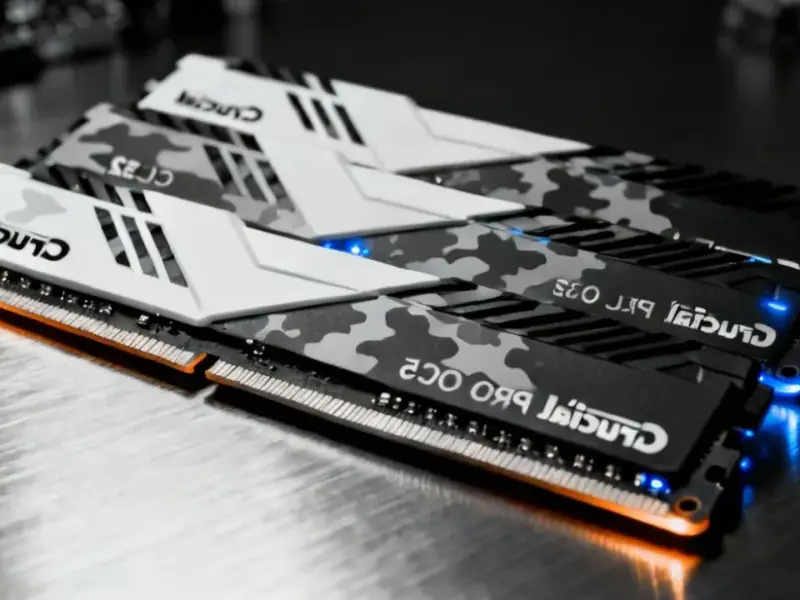According to Phoronix, SUSE engineers have officially submitted U-Boot bootloader patches to support the Raspberry Pi 5, marking a significant step forward for proper Linux compatibility. The patches enable U-Boot to properly initialize the Raspberry Pi 5 hardware and boot standard ARM64 Linux distributions. Simultaneously, patches for the Raspberry Pi 5’s onboard Ethernet controller have been posted for the upstream Linux kernel. These developments come several months after the Raspberry Pi 5’s October 2023 launch, addressing one of the biggest limitations for Linux enthusiasts wanting to use the latest hardware. The combined efforts mean users could soon boot standard Linux distributions without relying on the Raspberry Pi OS foundation. This represents the most substantial progress toward mainstream Linux support since the device’s release.
Better Late Than Never?
Here’s the thing – the Raspberry Pi 5 launched back in October, and we’re only now seeing proper bootloader support? That’s a pretty significant delay for what’s supposed to be a development board. I get that these things take time, but six months feels like an eternity in the open source world. Makes you wonder if the Raspberry Pi Foundation could have done more to help upstream development from the start.
And let’s be honest – the Raspberry Pi has always had a somewhat complicated relationship with mainline Linux. They’ve historically relied on their own custom firmware and boot process, which creates these exact compatibility headaches. Now SUSE engineers are doing the heavy lifting to bridge that gap. Basically, the community is fixing what the manufacturer should have supported out of the gate.
Why This Actually Matters
Look, without proper U-Boot support, you’re stuck with the Raspberry Pi’s proprietary bootloader. That means you can’t easily boot standard ARM64 distributions like Ubuntu, Fedora, or Arch Linux ARM. You’re locked into their ecosystem. These patches change everything – they open up the hardware to the entire Linux world.
The Ethernet driver is equally important. Sure, you could use WiFi, but for server applications or development work, reliable wired networking is essential. These patches mean the RPi5 could actually become a legitimate cheap server option rather than just a hobbyist toy.
What’s Still Missing?
Now, don’t get too excited just yet. While bootloader and Ethernet support are huge, there are still pieces missing. Graphics acceleration through the VC4 driver? Audio support? Various GPIO and hardware peripherals? These all need proper mainline kernel support to really make the RPi5 shine with standard Linux distributions.
And here’s the real question – will the Raspberry Pi Foundation actually embrace this upstream work, or will they continue maintaining their separate kernel tree? History suggests they’ll stick with their own approach, which means users might still face compatibility issues down the road. The work from Michael Larabel and the Phoronix team has been crucial in tracking these developments, and you can follow Michael’s work for ongoing coverage.
So is this the beginning of proper Raspberry Pi 5 Linux support? Absolutely. But we’re not at the finish line yet. The community is doing amazing work, but the hardware maker could still make this much smoother for everyone.





Thank you for your sharing. I am worried that I lack creative ideas. It is your article that makes me full of hope. Thank you. But, I have a question, can you help me?